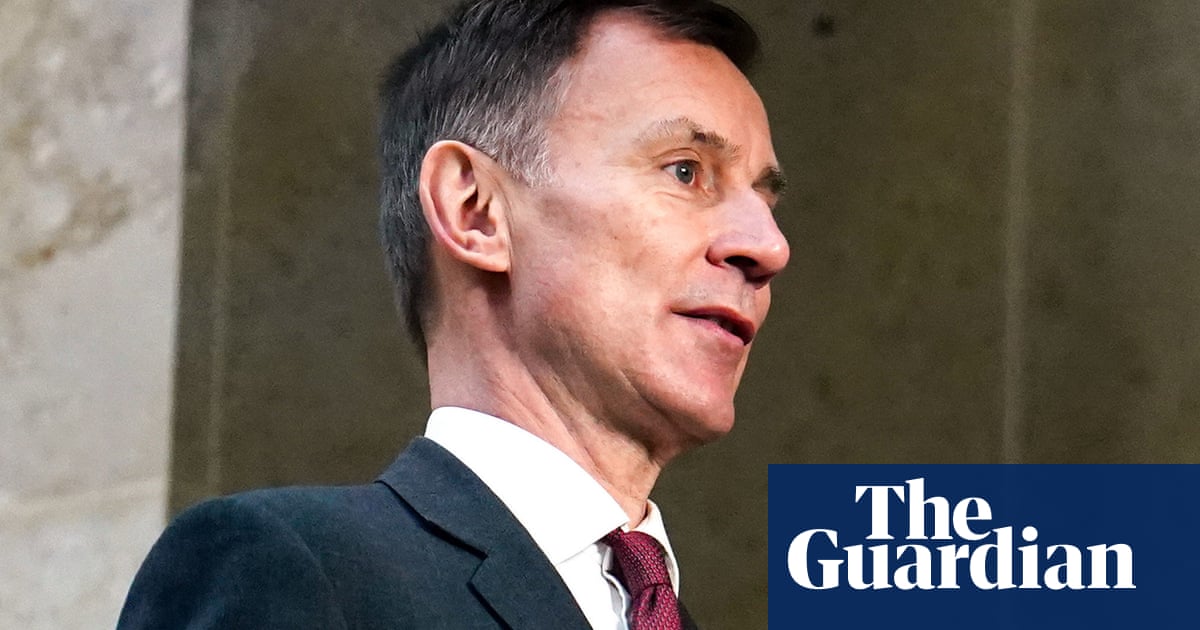
Hundreds of thousands of people living in flats are facing “completely unaffordable” increases to their energy bills because their communal heating system’s supply is not protected by the government’s price cap.
While households with conventional heating systems have been told they could face 50%-plus increases to gas and electricity bills when the cap is increased on 1 April, people who bought or rent apartments in one of the 17,000 blocks in the UK that rely on communal heating and hot water systems are facing fourfold increases as suppliers pass on the huge wholesale price increases unchecked.
It is thought that up to 500,000 people live in developments where at least some of the heating or hot water is provided by a centrally controlled system, usually administered by the company that manages the estate.
Apartments in these developments are all supplied by a single energy supplier, and because this is classified as a commercial deal rather than domestic supply, the residents have not had bills protected by Ofgem’s price cap.
Among those affected are residents of the high-profile Chips building in the New Islington area of Manchester who have seen some of their energy charges triple after the building’s energy supplier collapsed in November.
Those living in the nine-storey building have control over their heating in their individual flats and how much energy they use but not over who supplies the power and what tariff they are on. All of their hot water is provided centrally from a green boiler.
One resident has described finding neighbours in tears after they were all sent enormous bills on 21 December.
In some cases, the bills, which are based on usage rather than estimates, have more than trebled. One owner of a two-bedroom flat saw bills rise from £80 in November to £260 for December. Others have received even higher bills, as the unit gas price has tripled, alongside rising electricity charges.
“The cost of our energy has tripled overnight,” says Magdalena, an academic who lives in the block, who declined to give her surname.
“The gas supplier we had previously went bust and Ofgem appointed a new supplier. As the building I live in has a community heating system we (the residents) are not allowed to change supplier.
“Lots of people in the building, which is a mix of owners, rent-to-buy and tenants, simply can’t afford this sudden huge cost increase. It’s so bad that some have started looking for alternative accommodation, while others are simply not using their heating.
“People are saying that they will have to move out as paying thousands of pounds for heating is just not an option. This has all been done by the management company, with the residents seemingly powerless to stop it, or even have a say … It feels incredibly unfair,” she says.
Switch2 Energy, the billing service provider for the Chips scheme, and the building’s new energy supplier, Pozitive Energy, say the increases experienced by residents stem from the failure of the previous supplier, and reflect the rise in wholesale prices.
Chris Wright*, who lives in the Deptford Landings complex in south-east London, which also features a communal hot water system, contacted Guardian Money to say that he and other residents on the huge site have been told that their hot water charges are about to rise by 464%.
“For some families in the block who use more hot water than we do, this is going to be a big financial blow. How is it that everyone else has their bills capped but flat dwellers like us don’t?” he asks.
Lisa Gregory, who runs the Birmingham-based consultancy Ginger Energy, which is a big player in the sector, says this “truly dreadful” situation is an injustice that will have serious consequences for those affected.
“It is highly likely that many will struggle to pay the new costs and will then get into a debt situation,” she says. “We are about to have to tell the residents of some blocks that they will be paying four times the previous unit charge for their energy. While normal residential consumers are protected – at least for a period – through the price cap, the consumers in these blocks are fully exposed to the market changes.”
She says the classification dates back to a 2012 decision made by the industry regulator Ofgem and predates the current turbulent market conditions and the price cap.
“We are requesting an entire review of the price cap. It doesn’t include our residents; it doesn’t work for suppliers. The system is completely broken,” she says.
In late December, the government announced that it wants Ofgem to take over as the regulator for heat networks, as they are termed. However, it looks as though it will be months if not years before this is enabled as it will require legislation. In the meantime, those living in the unregulated homes could face years of paying higher bills than if their building had a conventional heating system.
This week the boss of British Gas’s parent firm warned that the problem of high energy bills could remain for a further two years.
Stephen Knight, a director of Heat Trust, the national consumer protection scheme for heat networks, says legislation to protect consumers who rely on communal heating schemes is long overdue.
“We welcome the government’s commitment to regulating heat networks and the news that Ofgem will have new powers to oversee the sector. In the absence of regulation, a growing number of consumers are being left unprotected. As the reliance of the country on heat networks grows, so will the scrutiny of their performance and service standards. To avoid any further delays, we need the government to commit to the legislation in May’s Queen’s speech,” he says.
Ofgem said it was committed to taking over the regulation of heat networks but said the timings were outside its control.
Mark Thomas, the chief executive of Communal Energy Partners, which provides energy to Deptford Landings, says suppliers have no choice to pass on the rise in wholesale costs.
“I would ask the government and the regulator to help smooth out the cost to the customer through company loans, or removing green levies or VAT from bills. This would all be very welcome,” he says.
“We totally understand this is a worrying time for Chips residents,” Switch2 says in a statement. “The new tariff reflects the market increases experienced over the last 12 months, which have seen the wholesale gas price increase fivefold since January 2021.”
RMG, the managing agent for the Chips building, told the Manchester Evening News that it had no “involvement in the procurement or placement of utilities contracts”.
Pozitive Energy said it had huge sympathy for the residents but said it inherited the contract and was therefore forced to buy gas to supply the building at the current market rate.
Heat networks are considered by ministers as a proven, cost-effective way of providing reliable low-carbon heat at a fair price to consumers. The UK government has said it is working towards growing the heat networks sector, which provides roughly 2% of UK heat demand but could meet about a fifth by 2050.












